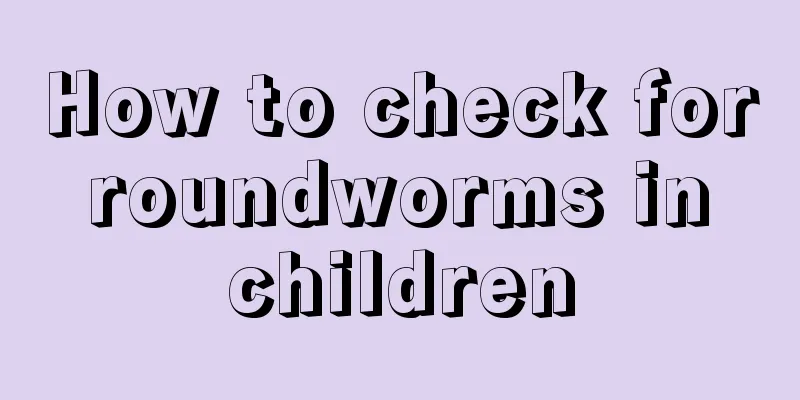Normal platelet values and manifestations outside the normal range for children of different ages

|
I believe that the health of the child concerns the entire family. If the child has the slightest problem, everyone will panic and get in a panic. The platelet count is an important criterion for measuring a child’s health. So, parents, do you want to know the normal range of platelets for children of different ages? Do you want to know what the symptoms are if the platelets are not within the normal range? Then follow the editor to find out. Normal platelet values for children of different ages Age Hemoglobin (g/L) White blood cells (109 /L) Platelets (109/L) 2 weeks 130-200 5.0-21 150-300 3-month 95-145 6.0-18 150-350 6 months-6 years old 105-140 6.0-15 150-350 7-12 years old 1 10-160 4.5-13.5 150-350 Performance that is not within the normal range 1. Thrombocytosis: When the platelet count is >400×10^9/L, it is thrombocytosis. Primary thrombocytosis is common in myeloproliferative diseases, such as chronic myeloid leukemia, polycythemia vera, essential thrombocythemia, etc.; thrombocytosis is common in patients with acute and chronic inflammation, iron deficiency anemia and cancer. This type of increase generally does not exceed 500×10^9/L. The situation improves after treatment and the platelet count will quickly drop to normal levels. After splenectomy, platelet count will increase significantly, often higher than 600×10^9/L, and then slowly decrease to the normal range. 2. Thrombocytopenia: When the platelet count is <100×10^9/L, it is thrombocytopenia, which is common in platelet production disorders such as aplastic anemia, acute leukemia, acute radiation sickness, etc.; increased platelet destruction, such as idiopathic thrombocytopenic purpura, hypersplenism, Gaucher disease, etc., excessive consumption such as disseminated intravascular coagulation, familial thrombocytopenia such as giant platelet syndrome, etc. The above is all the content that the editor brings to you about the normal range of platelet values and the manifestations that are not within the normal range for children of different ages. After reading it, do you have a better understanding of this? It is recommended that you write down this standard value, and then compare your baby's value when you go to the hospital for a check-up to see if your baby is healthy. |
<<: What should I do if my two-month-old baby has diarrhea?
>>: The normal height of a baby and the factors that affect the baby's height
Recommend
Depressed skull fractures in children
Compared with adults, babies' skulls are more...
Reasons for baby's lip wrapping
In life, many babies have the habit of covering t...
What are the symptoms of ADHD in children?
I don't know if you have ever heard a saying ...
Autistic children repeat themselves
Children with autism always repeat themselves whe...
Can children eat Panax notoginseng?
Panax notoginseng is the main tonic. It is also c...
Intellectual development indicators of two-year-old babies
From the moment a baby is born, there are huge ch...
What is the reason for a child's swollen instep?
The phenomenon of edema of the instep usually occ...
What should a three-year-old baby eat if he lacks zinc?
Calcium, iron and zinc are one of the most indisp...
How to remove baby non-pigmented moles?
Many children have been found to have some birthm...
Why do I want to sleep during class?
For students, paying full attention in class is a...
Diet therapy for hand, foot and mouth disease in two-year-old babies
In fact, if such a situation occurs in daily life...
ADHD Consequences
I believe that if a parent finds out that his or ...
What to do if children's teeth are demineralized
The baby's gums are fragile and may suffer fr...
What is the reason for frequent urination in a three-year-old baby?
Frequent urination is a common condition in babie...
How to treat children’s indigestion and nausea?
Indigestion and nausea often occur in our daily l...









